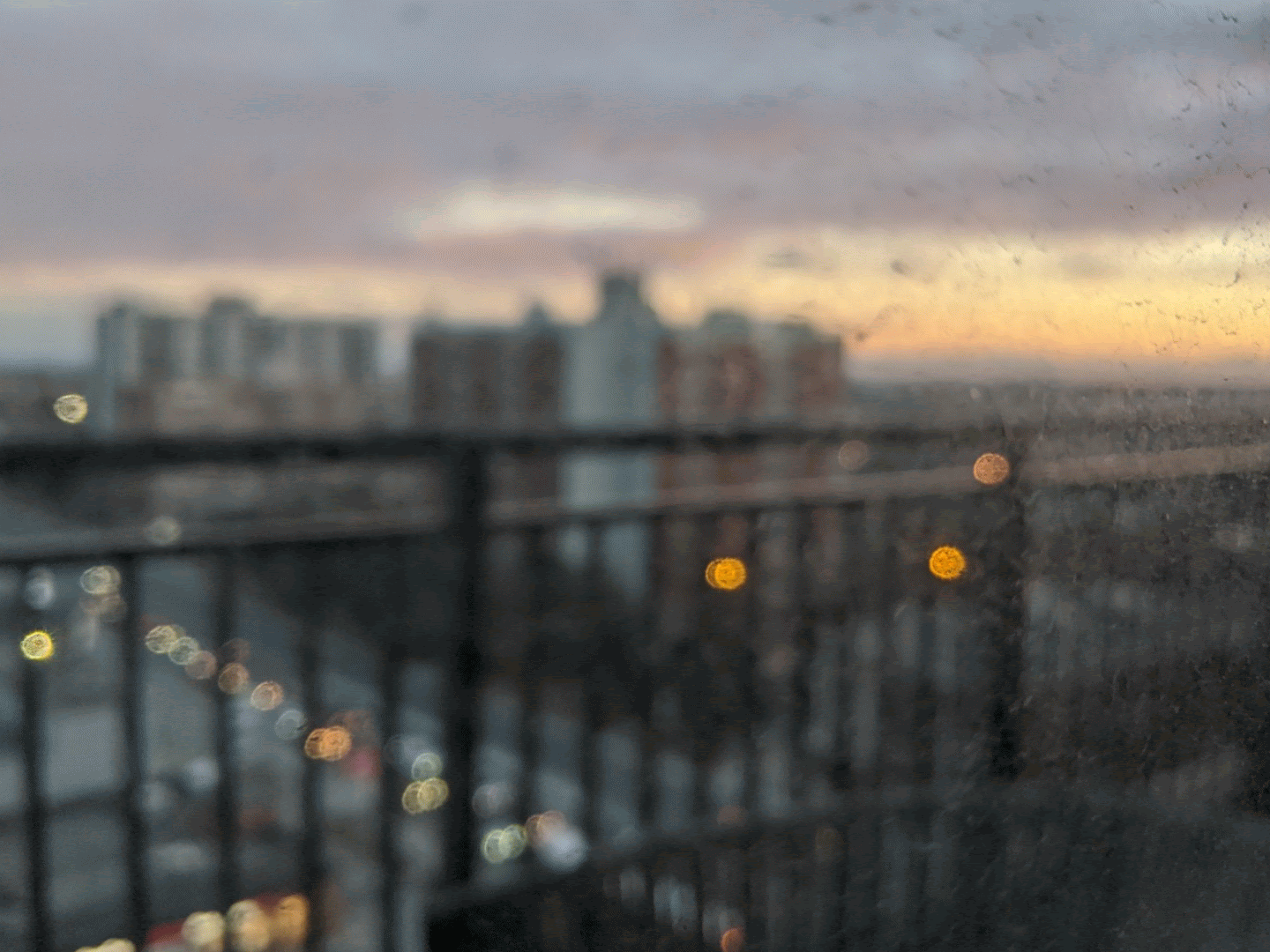In Dialogue with artist Ammarah Syed
synthesis by Charlotte Lombardo
Ammarah Syed is a wellness artist, photographer and community worker, interested in documenting how modern day discourses inform mental health, identity and sexuality. The artworks, and dialogue, presented here explore principles of somatics, dropping into the body. Ammarah’s photography and gif works express tenderness, mood, movement, but without resolution. They are a heartbeat seeking mindfulness. They are fragments searching for coherence.
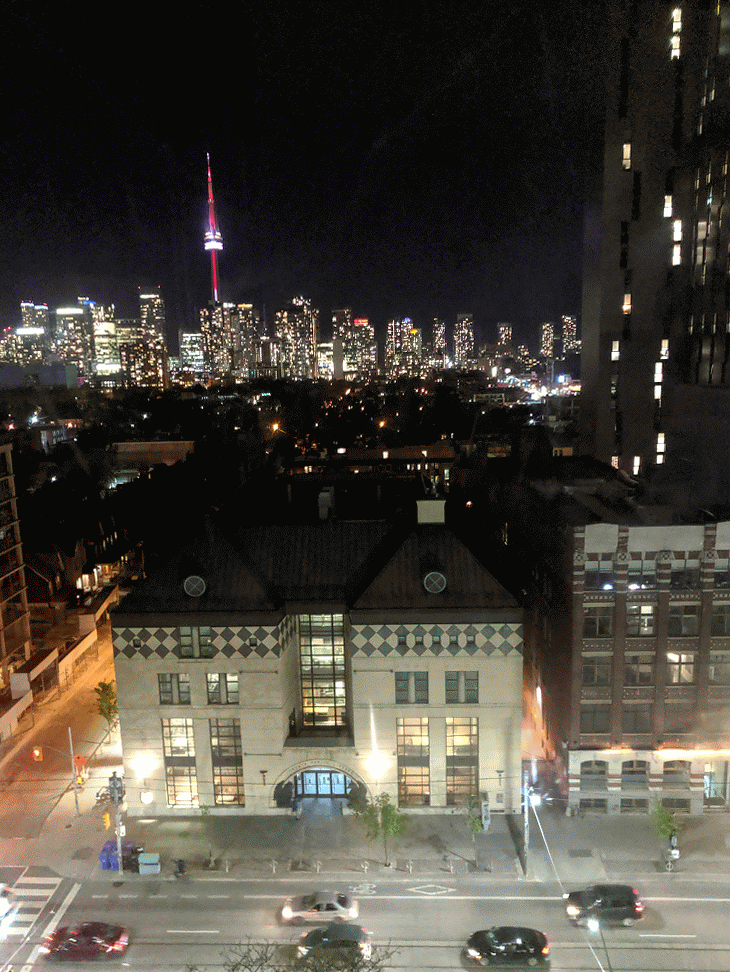
There’s a phenomenon that happens when trauma happens, called fragmentation. Where your world concept, your perception of yourself and the perception of the world around you, just kind of actively shatters.
After trauma, you are trying to constantly engage your surroundings, just to make sure you are safe. This deeply affects your understanding of the world around you. How you make sense of yourself, how you make sense of the world, how you make sense of yourself in the world.

Some or all of this process may be unconscious. It originates in what we call the primal brain. The parts that we believe developed long before humans did.
Coming into coherence is recognizing this, dropping into your body.
And then maybe feeling overwhelmed, and then leaving, but then dropping back in again. Continuing this journey, not always consciously. Listening to your body, actually dropping into your body, and asking what it is saying here. Making room to actually touch into that thing that was traumatizing. So you touch in. And then you touch out.
And what is happening, as you touch in and you touch out, is grounding.
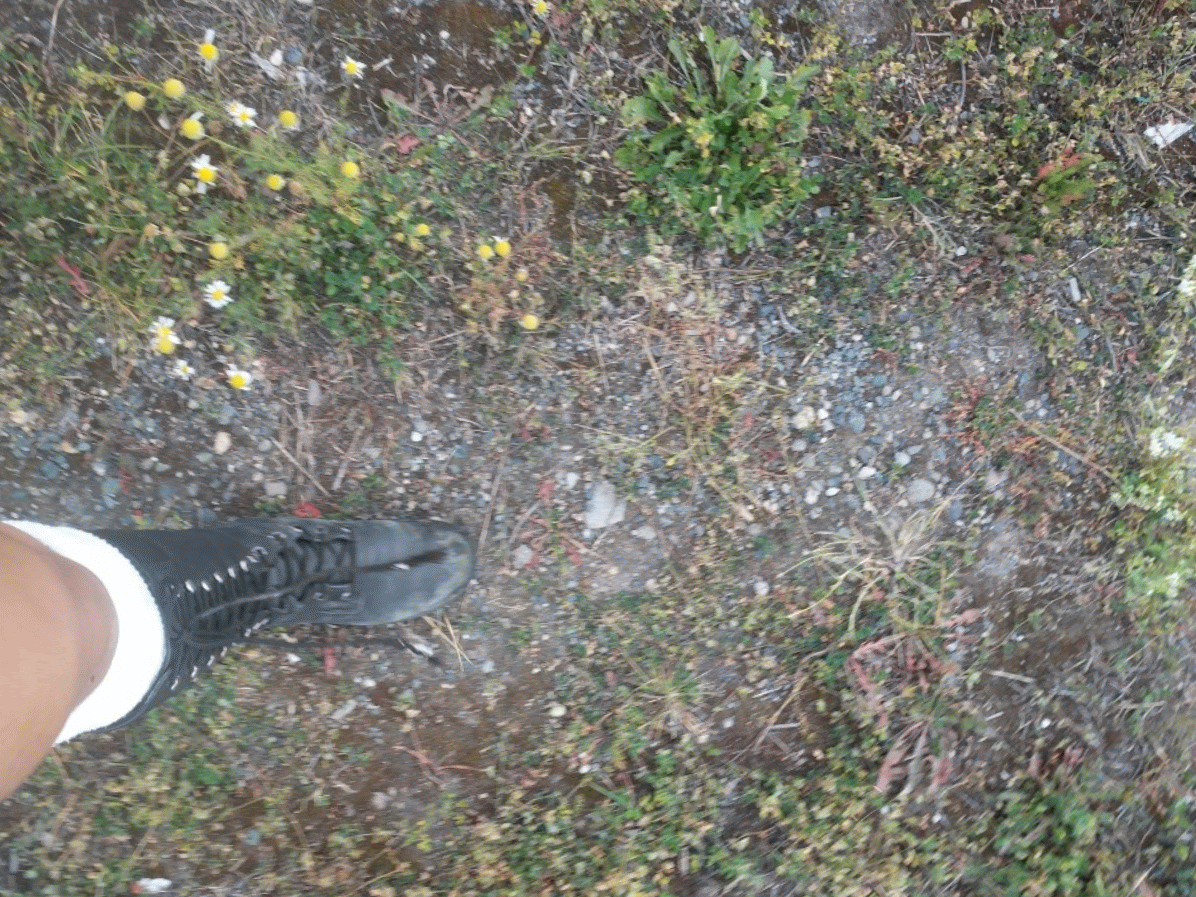
With people who have experienced much trauma, it really has them believe on a physiological level that it’s not safe in their bodies. And so the whole idea of somatics is, how do we create enough safety, enough grounding, that touching in eventually leads us to a place we can work with? We can actually talk about it. To try to make sense of whatever is happening.
A lot of the world is dissociated. Western society really benefits from us being separate, walking heads, without our body. Disconnected. As our society has revolutionized, bringing us new technologies and innovations, our mental health has gotten worse and worse.

Grow, Grow, Grow. Progress, Progress, Progress. Eurocentric capitalist viewpoints. Who is this society betterment for?


Is there a fragmentation of community? Is there a coming into coherence that's necessary for community, for place making?
Fragmentation applies to community, it applies where harm happens. It applies to systems of power, everything is interconnected.
Fragmentation is happening at an individual level, but also at the community level, that feeds back to the individual level. And that’s where systems of inequity come from, and perpetuate themselves.
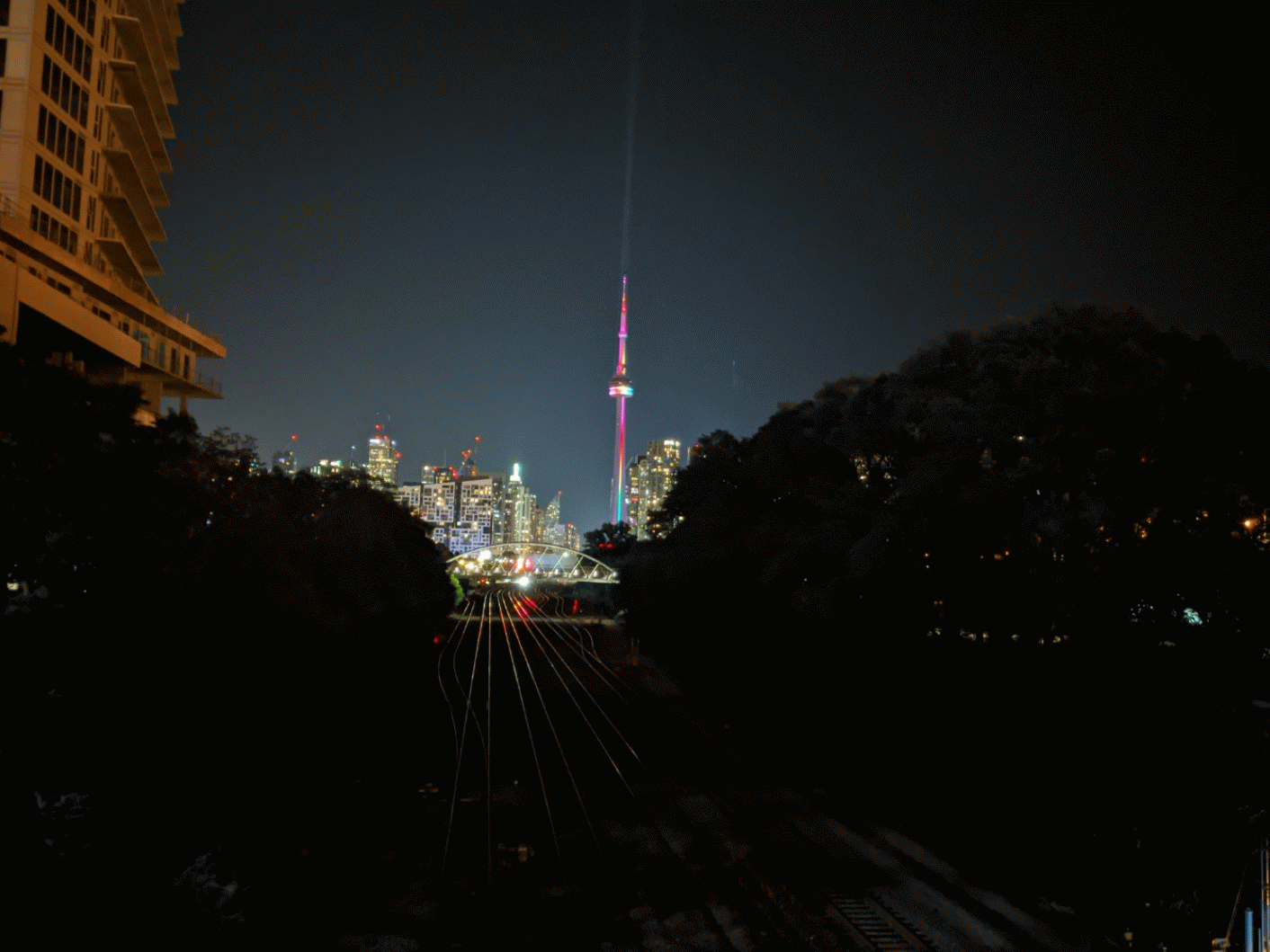
Maybe we are trying to come into coherence by trying to understand, to go back to those places where fragmentation has happened. This feels important for making with place. For providing emotional space for equity work. Because we don’t honor that emotional space enough. It’s a political space, it’s an identity space, but it’s also a deeply emotional place, an embodied place.
Healing doesn't happen in a vacuum, healing happens in community.
Within a lot of community and culture, coming into coherence can get stuck at the surface level. There is an attempt at coherence, but it’s not in your body, it’s all in your head.
So the question, the approach, would be “How might it feel to drop into my body?”

Coming into coherence may be coming to terms with the things you don’t like about your own fragmentation. Identifying and decoding personal experiences of oppression. Honestly confronting privilege. The things we resist, and yet still reenact, or rely on, because we don’t know how else to operate in the world. And that all feels incoherent.
Grappling with settler colonial histories. Many people will argue, “well I wasn’t there”, “I am not responsible for this, but I do want to do something to make it better”. But that’s not feeling it, that’s staying in your head, that’s rationalizing, that’s “it’s not my fault”.
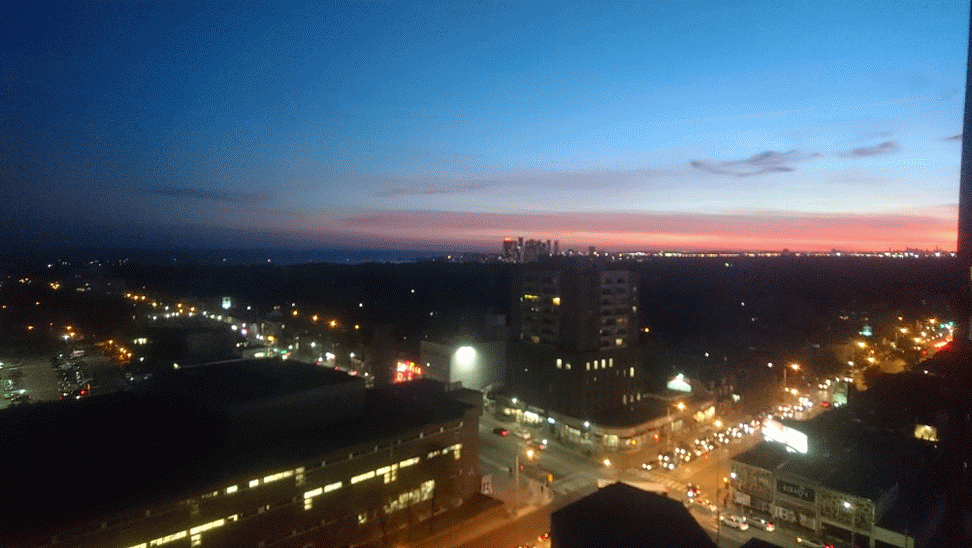
How would we be, if we were to embrace the weight of feeling, rather than rationalization?
Art-making is a search for coherence. Your art is really an extension of who you are, if you’re not grounded in yourself, if you don’t see yourself, you’re not going to see your art, you’re not going to be proud of your art. That’s what makes it all so vulnerable.
Now that we notice it, how do we feel it? How do we practice an ethic of solidarity, not charity?
Healing is the solidarity.


